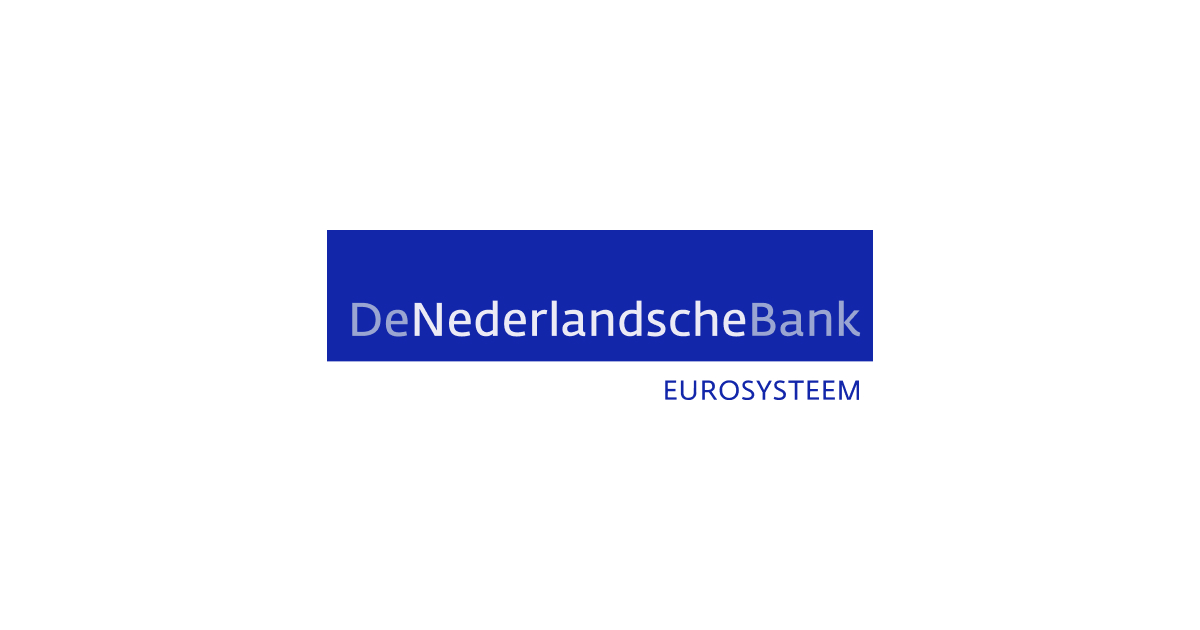Turbulent Times in the Netherlands: Political Shifts and Economic Aspirations
June 6, 2025, 10:33 am

Location: United States, Kansas, Winfield
Employees: 1001-5000
Founded date: 2011
Total raised: $820K
The Netherlands is a land of contrasts. On one side, it embraces innovation and growth in the fintech sector. On the other, it grapples with political upheaval and rising tensions over immigration. Recent events paint a vivid picture of a nation at a crossroads, where ambition meets uncertainty.
XTransfer, a leading B2B cross-border payment platform, recently announced its strategic expansion into the Netherlands. This move comes during the Money20/20 Europe conference in Amsterdam, a hub for fintech innovation. The company signed a Letter of Intention with the Netherlands Foreign Investment Agency (NFIA), marking a significant milestone in its European strategy.
The Netherlands is often dubbed the fintech capital of Europe. Its robust digital infrastructure and progressive regulatory environment create fertile ground for financial technology. XTransfer's CEO expressed gratitude for the NFIA's support, highlighting the importance of collaboration in fostering innovation. The company's goal is clear: to empower small and medium-sized enterprises (SMEs) across Europe with seamless cross-border payment solutions.
This expansion follows XTransfer's acquisition of an Electronic Money Institution (EMI) license from the Dutch Central Bank. This license is a key enabler, allowing the company to offer comprehensive payment solutions tailored to local trading SMEs. The collaboration with Dutch banks and financial institutions will further strengthen the local fintech ecosystem.
However, while the fintech sector flourishes, the political landscape is tumultuous. Dutch Prime Minister Dick Schoof recently stepped down after the far-right Party for Freedom (PVV) withdrew from the ruling coalition. This decision stemmed from disagreements over immigration policies, a hot-button issue in Dutch politics. The PVV, led by Geert Wilders, had campaigned on a platform of strict asylum measures. When their proposals were not supported by the coalition, tensions boiled over.
The PVV's departure signals a shift in the political climate. Wilders had warned that failure to adopt his party's ten-point asylum plan would lead to withdrawal from the coalition. His party's landslide victory in the 2023 elections had initially positioned them as a dominant force. Yet, conflicting views on immigration ultimately led to the coalition's collapse.
The fallout from this political upheaval is significant. Critics accuse Wilders of prioritizing personal interests over the nation's needs. The Farmer-Citizen Movement (BBB) condemned his actions, suggesting that the government’s stability has been jeopardized. With elections looming, left-leaning parties may gain traction, potentially leading to more lenient asylum policies.
Amidst this political storm, the Dutch economy continues to show resilience. Despite inflation hovering around 4.1%, the economy is projected to grow by 1.5% this year and next. However, rising geopolitical tensions pose a risk to this growth trajectory. The central bank has cautioned that external factors could strain the economy, making the political situation even more precarious.
The juxtaposition of XTransfer's expansion and the political turmoil highlights the complexities facing the Netherlands. On one hand, the country is a beacon of innovation, attracting global players in the fintech space. On the other, it grapples with internal divisions that threaten to disrupt governance and policy-making.
As XTransfer sets its sights on empowering SMEs, the question remains: how will the political landscape impact business operations? The fintech sector thrives on stability and predictability. Political uncertainty can create headwinds for investment and growth. Companies like XTransfer must navigate these challenges carefully, balancing ambition with the realities of a shifting political environment.
The recent developments serve as a reminder that progress is often accompanied by obstacles. The Netherlands stands at a crossroads, where the promise of innovation meets the challenges of governance. The outcome of this political saga will shape the future of the nation, influencing everything from economic growth to social policies.
In conclusion, the Netherlands is a nation of contrasts. It is a place where fintech innovation flourishes, yet political divisions threaten to undermine progress. As XTransfer embarks on its journey in Amsterdam, the broader implications of political shifts loom large. The interplay between business and politics will define the Netherlands' path forward, making it a critical moment in the country's history. The world will be watching closely as this story unfolds, eager to see how the Netherlands navigates its dual challenges of growth and governance.
XTransfer, a leading B2B cross-border payment platform, recently announced its strategic expansion into the Netherlands. This move comes during the Money20/20 Europe conference in Amsterdam, a hub for fintech innovation. The company signed a Letter of Intention with the Netherlands Foreign Investment Agency (NFIA), marking a significant milestone in its European strategy.
The Netherlands is often dubbed the fintech capital of Europe. Its robust digital infrastructure and progressive regulatory environment create fertile ground for financial technology. XTransfer's CEO expressed gratitude for the NFIA's support, highlighting the importance of collaboration in fostering innovation. The company's goal is clear: to empower small and medium-sized enterprises (SMEs) across Europe with seamless cross-border payment solutions.
This expansion follows XTransfer's acquisition of an Electronic Money Institution (EMI) license from the Dutch Central Bank. This license is a key enabler, allowing the company to offer comprehensive payment solutions tailored to local trading SMEs. The collaboration with Dutch banks and financial institutions will further strengthen the local fintech ecosystem.
However, while the fintech sector flourishes, the political landscape is tumultuous. Dutch Prime Minister Dick Schoof recently stepped down after the far-right Party for Freedom (PVV) withdrew from the ruling coalition. This decision stemmed from disagreements over immigration policies, a hot-button issue in Dutch politics. The PVV, led by Geert Wilders, had campaigned on a platform of strict asylum measures. When their proposals were not supported by the coalition, tensions boiled over.
The PVV's departure signals a shift in the political climate. Wilders had warned that failure to adopt his party's ten-point asylum plan would lead to withdrawal from the coalition. His party's landslide victory in the 2023 elections had initially positioned them as a dominant force. Yet, conflicting views on immigration ultimately led to the coalition's collapse.
The fallout from this political upheaval is significant. Critics accuse Wilders of prioritizing personal interests over the nation's needs. The Farmer-Citizen Movement (BBB) condemned his actions, suggesting that the government’s stability has been jeopardized. With elections looming, left-leaning parties may gain traction, potentially leading to more lenient asylum policies.
Amidst this political storm, the Dutch economy continues to show resilience. Despite inflation hovering around 4.1%, the economy is projected to grow by 1.5% this year and next. However, rising geopolitical tensions pose a risk to this growth trajectory. The central bank has cautioned that external factors could strain the economy, making the political situation even more precarious.
The juxtaposition of XTransfer's expansion and the political turmoil highlights the complexities facing the Netherlands. On one hand, the country is a beacon of innovation, attracting global players in the fintech space. On the other, it grapples with internal divisions that threaten to disrupt governance and policy-making.
As XTransfer sets its sights on empowering SMEs, the question remains: how will the political landscape impact business operations? The fintech sector thrives on stability and predictability. Political uncertainty can create headwinds for investment and growth. Companies like XTransfer must navigate these challenges carefully, balancing ambition with the realities of a shifting political environment.
The recent developments serve as a reminder that progress is often accompanied by obstacles. The Netherlands stands at a crossroads, where the promise of innovation meets the challenges of governance. The outcome of this political saga will shape the future of the nation, influencing everything from economic growth to social policies.
In conclusion, the Netherlands is a nation of contrasts. It is a place where fintech innovation flourishes, yet political divisions threaten to undermine progress. As XTransfer embarks on its journey in Amsterdam, the broader implications of political shifts loom large. The interplay between business and politics will define the Netherlands' path forward, making it a critical moment in the country's history. The world will be watching closely as this story unfolds, eager to see how the Netherlands navigates its dual challenges of growth and governance.
